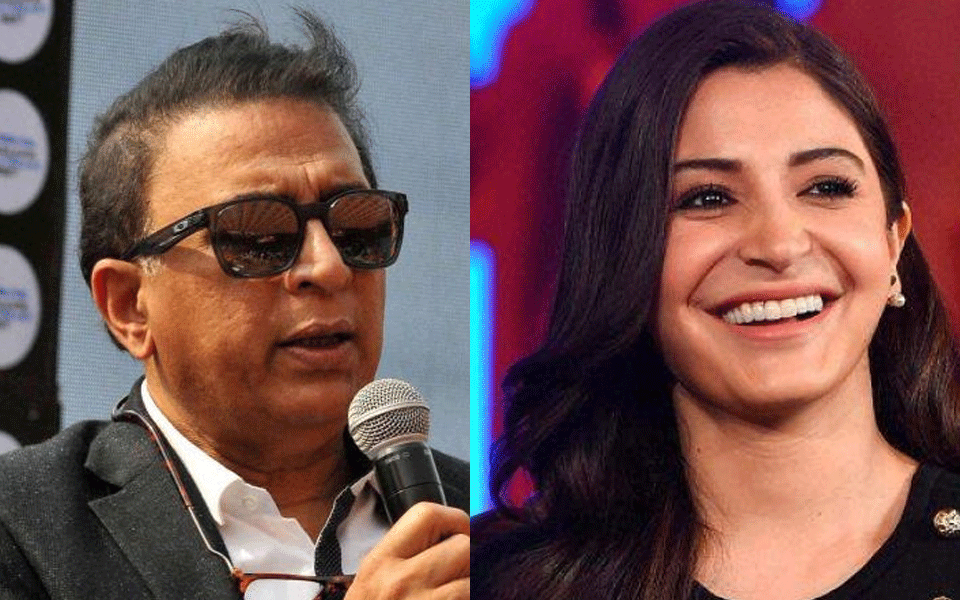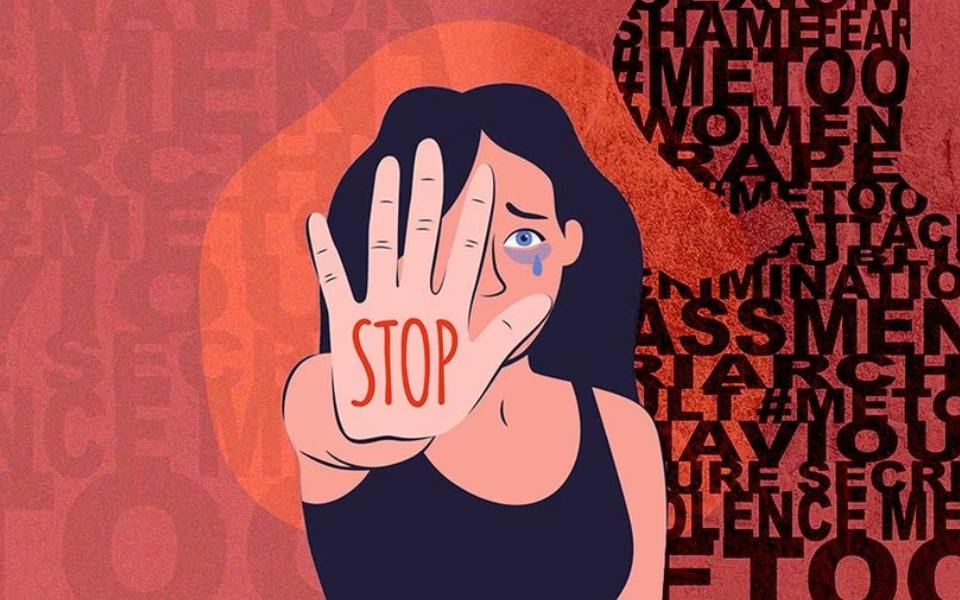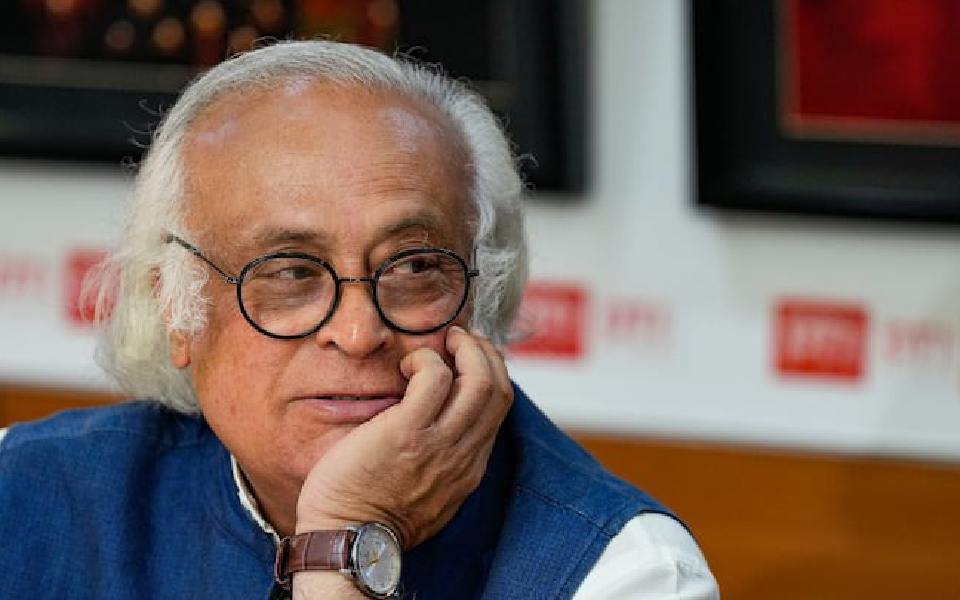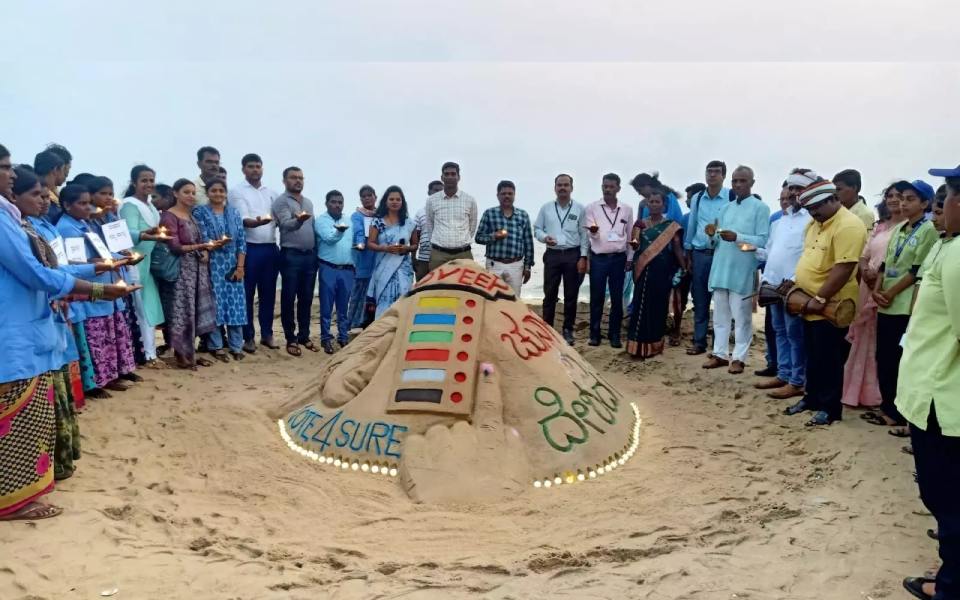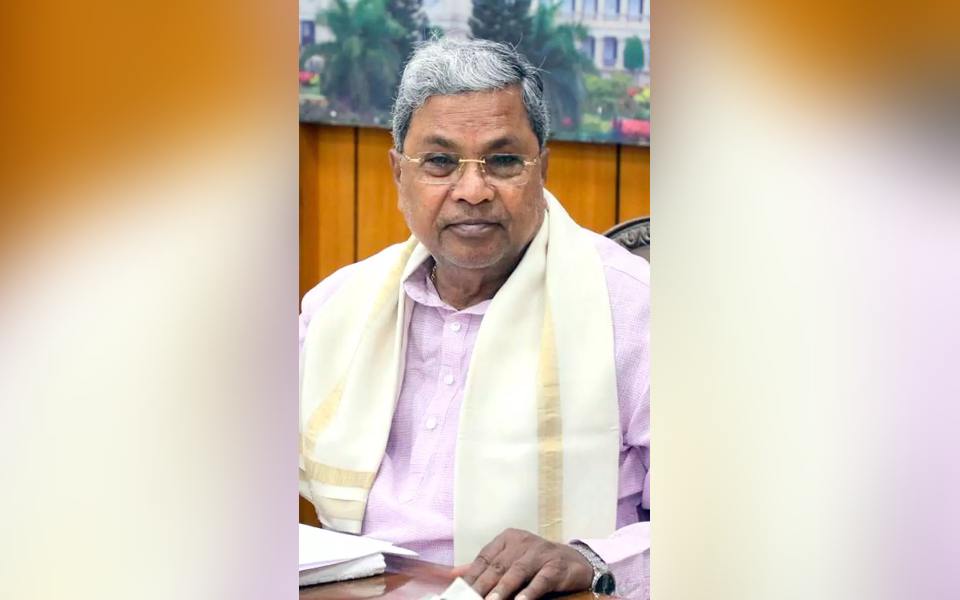Dubai: Putting up a stout defence, iconic Sunil Gavaskar on Friday said neither he blamed Virat Kohli's actor-wife Anushka Sharma for India captain's failure nor he made any sexist remarks during an IPL match and his comments were being misinterpreted.
Kohli had a bad day in office on Thursday when he led Royal Challengers Bangalore against Kings XI Punjab. He dropped two catches of rival skipper KL Rahul and managed only a run off five balls in RCB's chase.
While Kohli was still at crease, Gavaskar said India captain is keen to improve and he knows that he can do so only by practicing more and more. He then added that during the lockdown Kohli faced only Anushka's bowling and it is showing that it did not help much.
Gavaskar was speaking in Hindi when he made the comment.
However, the comment did not go down well with Kohli and Anushka's fans and some even demanded his sacking from Star Sports commentary panel, lashing out at him on social media.
Reacting to it, Anushka also issued a statement on her Instagram page and said that Gavaskar's message was "distasteful".
Gavaskar though said his comments were not understood in right context.
The remark according to Gavaskar was in reference to a video clip where Kohli and Anushka were seen enjoying some tennis ball cricket in their compound.
"Firstly, I would like to say, where am I blaming her, I'm not blaming her. I am only saying that the video showed she was bowling to Virat. Virat has only played that much bowling in this lockdown period," Gavaskar told India Today channel.
"It is tennis ball fun game that people have to pass time during the lockdown, so that's all, so where am I blaming her for Virat's failures."
Gavaskar also rubbished allegations on social media that he made a "sexist comment".
"I'm the one who has always batted for wives going with husbands on tours. I am the one who has always said that like a normal guy going to office for a 9-5 job, when he comes back home, he comes back to his wife, similarly why can't cricketers have their wives with them," Gavaskar said.
He also tried to explain his comment.
"As you can hear from the commentary, Aakash was talking about the fact there has been very little chance for any proper practice in the lockdown, for everybody...
"That has actually shown in rustiness of some of the players in their first matches. Rohit (Sharma) didn't strike the ball well, now in the second match he has got runs, MSD (Mahendra Singh Dhoni) didn't strike the ball well in the first match."
He then also explained what exactly he said.
"Anushka was bowling to him, so that's what I said, that's the only bowling, I have not used any other word. She was bowling to him, that's all, where am I blaming her, where I am being sexist in this."
"I'm just only stating what was seen on the video which was maybe recorded by somebody in the neighbouring buildings and put up and that's the only thing I'm doing, but the point I'm making trying to make is that there was no practice for anybody including Virat in the lockdown.
"I have not been sexist, if somebody has interpreted it, what can I do," Gavaskar said.
Let the Truth be known. If you read VB and like VB, please be a VB Supporter and Help us deliver the Truth to one and all.
Prime Minister Narendra Modi invoked “Nari Shakti” during the ‘Azadi Ka Amrit Mahotsav’ in 2022. Now, Bahutva Karnataka in collaboration with Naveddu Nilladiddare Karnataka, has announced the release of "Nari Shakti: Myth and Reality", a report on the status of women under the Modi government.
"Nari Shakti: Myth and Reality" looks into the status of women in India over the past decade, focusing on five primary areas: violence against women, women’s rights, dignity and agency, economic empowerment, social empowerment, and political representation. Drawing upon credible data, including government sources, the report examines the ground realities faced by women against the backdrop of the prevailing rhetoric.
“The objective of the report is to use this information to hold those in power accountable and to inform public opinion as they make an informed choice in the ongoing general elections. Bahutva Karnataka in collaboration with Naveddu Nilladiddare Karnataka encourages all parties, in power or otherwise, to take note of these report cards and respond to the same,” the report added.
The report notes with concern that crimes against women and sexual violence have increased in the last decade. Analysing fund usage under the Nirbhaya Fund, a critical initiative for improving women’s safety, the report highlights how key schemes have been underfunded, undermining women’s security in India. The report also presents concrete instances of violence against women. Despite its public utterances regarding women’s safety, the Government has not only refrained from condemning the violence, remaining mute spectators as in the case of Manipur, but in many instances, it appears to have condoned the violence, especially when the accused have been political leaders from their own party or the victims have been from minority or Dalit communities.
“Various new laws such as UCC, Triple Talaq, Criminal Laws, Anti-conversion Laws seem to be driven by motives other than that of gender justice and and some of them are becoming tools that can be used to legitimize moral policing by vigilante groups and the State while infantilizing women and depriving them of any agency,” the report notes.
“The performance of the government on the front of “economic empowerment” too has proved to be abysmal the reports states. Analysing data related to female LFPR (Labour Force Participation Rate) and employment generating schemes like MNREGA and NRLM or schemes for financial inclusion like Pradhan Mantri Dhan Jan Yojana and Mudra it seems clear that none of these have led to any substantial degree of economic empowerment for the rural and urban power women. On the other hand it is clear that unorganized/informal work areas dominated by women like that of ASHA workers continues to be devalued and undervalued by casting it within the framework of care work, domestic work and voluntary work,” it added.
The report analyses through the gender lens some of the flagship schemes introduced as part of the BJP’s commitment to “Women’s Empowerment and Welfare”. One primary finding is that the big picture seems to be missing in several of these schemes such as SBA, PMUY, and PMMY where the metrics being quoted as signs of success do not give an honest representation of the scheme’s impact or success. Looking at CAG and other related reports the report concludes that while the media advocacy on the issues have undoubtedly yielded some favourable results in terms of improved sex ratios this seems to have fed more into image building of the government at the cost of long term structural and institutional transformations in the lives of the women who are supposed to be the “beneficiaries” of the schemes.
Finally the report examines the performance of the Government on the issue of political empowerment looking particularly at the Women’s Reservation Bill apart from the ways in which women in politics are treated. The report concludes that while the Women’s Reservation Bill might seek to guarantee women’s equal and fair representation in politics at some imaginary point in the future, what is lacking in the present is the political will to establish institutional arrangements and an inclusive climate that will enable women across communities to act independently without depending on tokenism and patriarchal patronage.
The speakers who responded to the report included: Diana Kh, a concerned activist from Manipur who spoke about what is happening to women from diverse communities in the context of an ongoing conflict and the Centre’s frightening indifference, Nasreen Mithai from the BMMA spoke about how the ruling party projected itself as the savior of Muslim women appropriating their efforts to bring about transformation from within even while it continued to target Muslim women and men; Vijayakumari a former ASHA worker spoke about the immense contribution of the “voluntary” health workers to rural health and especially during the COVID crisis who still continue to struggle for basic education and health for their own children K.S. Vimala from AIDWA, India who spoke about the history of women’s struggle for political empowerment and how they felt totally totally short changed by the Ruling party on the women’s reservation Bill that is problematic at so many different levels.

